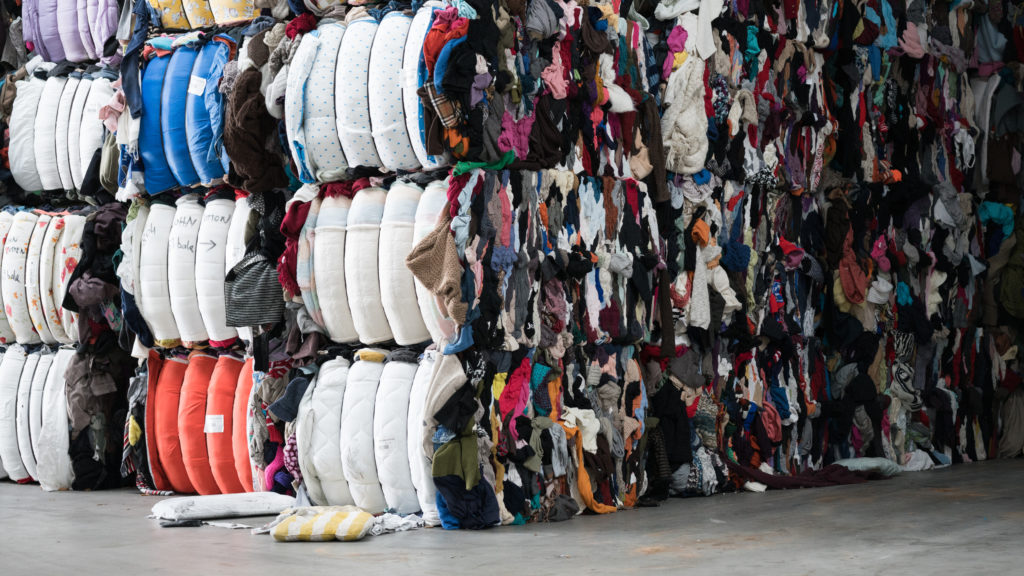This comes after the Textile Recycling Association (TRA) warned that the textile recycling industry is due to “imminently collapse” because of global market challenges.
It highlights that not collecting waste textiles will result in “devastating environmental consequences” including microplastic pollution and water pollution.
Globally, 92 million tonnes of textile waste are produced each year, this waste is equivalent to the height of Mount Everest every seven minutes, or equivalent to a rubbish truck’s worth of textiles being thrown away every second.
Factors
EuRIC explains that a convergence of factors including rising operational costs, dwindling sales amidst fierce competition and regulatory loopholes has placed textile resources for reuse and recycling in jeopardy.
It highlights that the threat of incineration “looms large” as unsold second-hand clothing piles up due to a global downturn in sales, coupled with inadequate recycling infrastructure.
Mariska Boer, president of the textiles branch at EuRic said: “The possibility of incineration becoming the sole recourse underscores the urgency of the situation. Efforts to establish a sustainable textile value chain in a circular economy would be rendered futile if textiles cannot be properly collected and sorted within Europe. The ramifications extend beyond economic concerns, impacting both local communities and the broader EU.”
Recommendations
EuRic has called for urgent EU-wide action to avert the collapse of the continent’s textile reuse and recycling sector.
Its proposals include the swift implementation of Extended Producer Responsibility (EPR) schemes outlined in the revised Waste Framework Directive (WFD). Additionally, green public procurement initiatives, mandatory recycled content standards for textile products and the integration of recyclability criteria in ecodesign regulations (ESPR) are deemed necessary by the group to bolster demand for recycled materials, foster sustainable practices and safeguard the viability of the textile recycling industry.










Subscribe for free